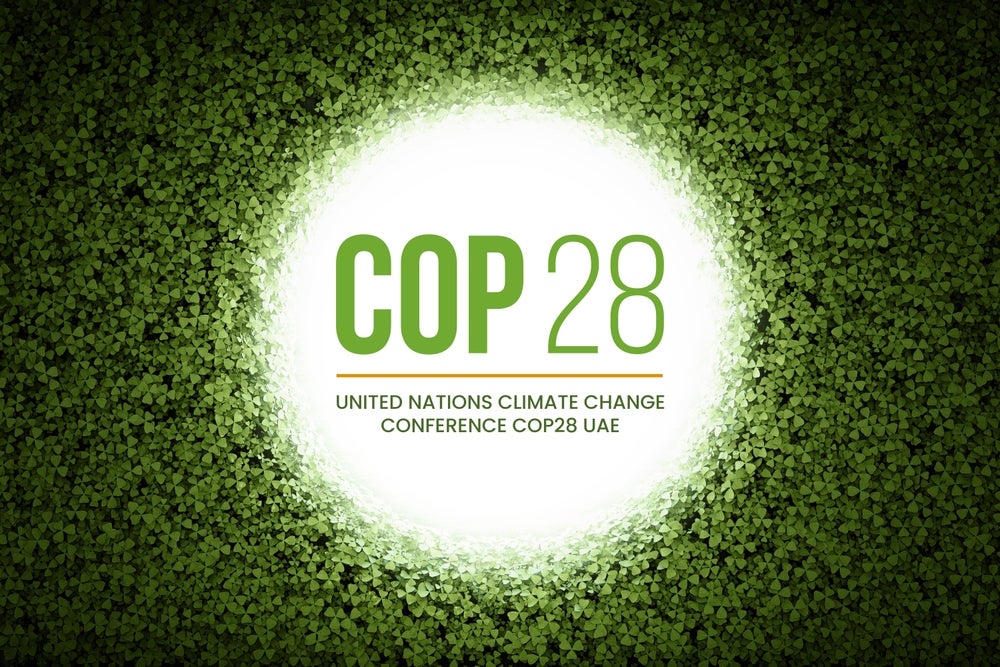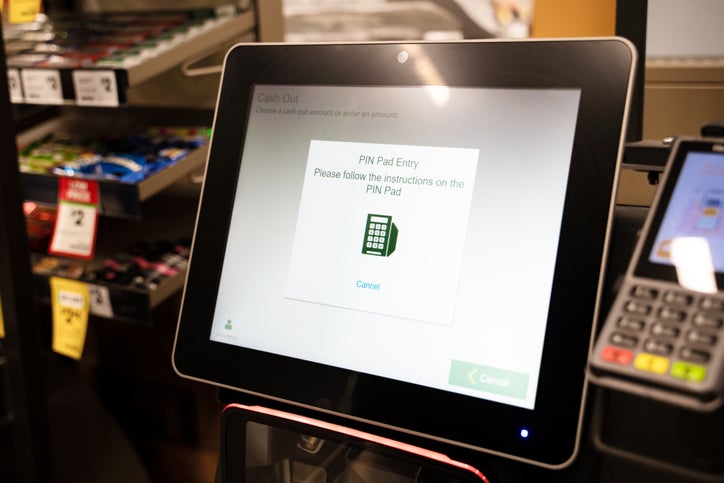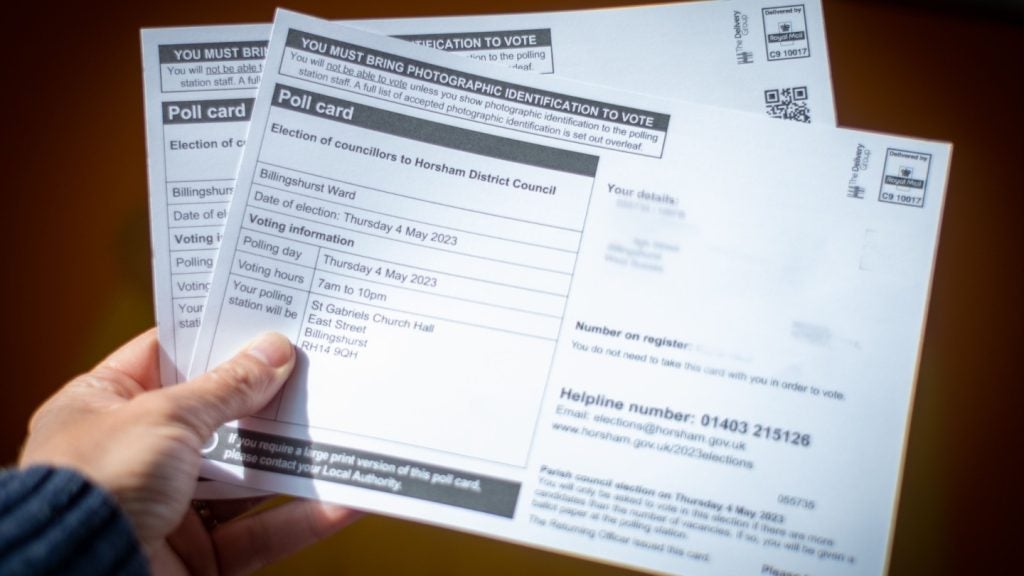Climate change is a daily threat in various parts of the world, affecting access to clean water for many – but how high will it be on the COP28 agenda?
There is a need to invest in appropriate technologies both to enhance public health in developing countries and to address climate change through climate-resilient water, sanitation, and hygiene systems. The upcoming COP28 will be an opportunity to address this issue and provide solutions.
The urgency of water security
Climate change causes unpredictable weather patterns that, among other dangers, threaten water security in many places. This includes floods and cyclones damaging sanitation facilities, heavy rainfalls impacting water infrastructure, droughts reducing water availability and increasing contaminants, and rising sea levels elevating coastal water salinity. WaterAid, an international non-governmental organization focused on water, sanitation, and hygiene, warns of a potential 40% shortfall in freshwater by 2030.
The water issue will feature at the 2023 United Nations Climate Change Conference, also referred to as COP28, which will be held from November 30 until December 12, 2023, in Dubai, UAE. George Trotter, Thematic Analyst at GlobalData, highlighted that climate measures show that governments are being forced into action on ESG topics and that “COP28 is likely to be the first sign of what governments are going to prioritize for the coming year”. Hopefully, water will be central in these conversations.
Climate resilient WASH systems
WASH (or Watsan, WaSH) is an acronym that stands for ‘water, sanitation and hygiene’. Non-governmental organizations and aid agencies widely use this term when providing access to water, sanitation, and hygiene services in developing countries.
The IRC (International Water and Sanitation Centre) is the non-profit organization aiming to find long-term solutions to the global water crisis. It identified nine essential building blocks of WASH systems. These pillars involve the participation of Institutions & Legislation, consider the Finance side before doing the actual Planning, encompass Infrastructure and Monitoring, involve Regulation & Accountability for the systems in place, and deal with Water Resources Management.
How well do you really know your competitors?
Access the most comprehensive Company Profiles on the market, powered by GlobalData. Save hours of research. Gain competitive edge.

Thank you!
Your download email will arrive shortly
Not ready to buy yet? Download a free sample
We are confident about the unique quality of our Company Profiles. However, we want you to make the most beneficial decision for your business, so we offer a free sample that you can download by submitting the below form
By GlobalDataThere is a need to invest in appropriate technologies both to enhance public health in developing countries and address climate change through climate-resilient WASH systems. Examples include solar-powered pumps delivering water to a village in the Somali Region of southern Ethiopia, household rainwater harvesting tanks in Uganda, and arsenic-iron removal plants in Bangladesh.
Water must receive greater consideration in the COP28 agenda
During COP27, water received attention for the first time, as seen in the Sharm El Sheikh Adaptation Agenda that outlines 30 adaptation targets for 2030—two were related to water and sanitation services. Looking ahead to COP28, we expect a deeper commitment to addressing urgent water-related impacts and solutions in the face of the climate crisis.
The top priority areas of COP28 have already been announced and include conserving and restoring freshwater ecosystems, enhancing urban water resilience, and bolstering water-resilient food systems. To tackle water issues, COP28 should aim to secure funding from leaders, financing institutions, and the private sector in high-income countries while fostering coordination between nations and institutions.
WaterAid, for instance, will be present at COP28 to advocate for increased investment in climate-resilient WASH systems and to amplify the voices of those most affected by the climate crisis.








